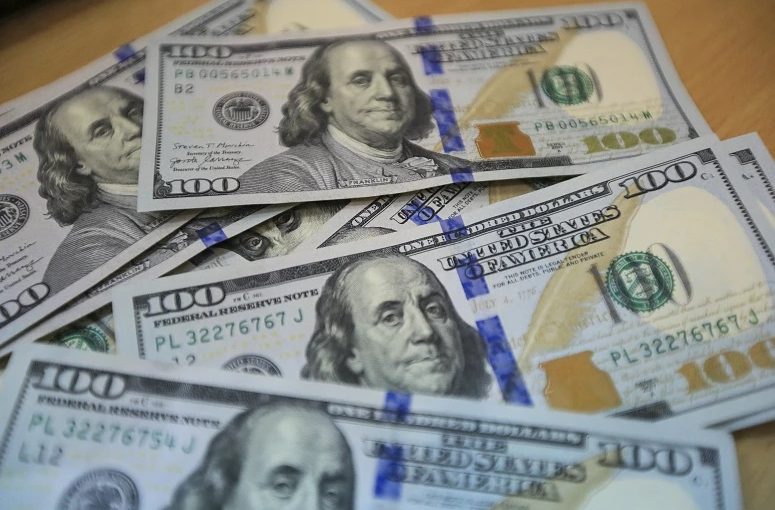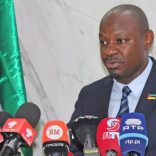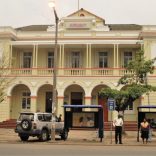Absa Mozambique wins Best Corporate Bank Mozambique 2025 Award
Mozambique: Banks focused on solving shortage of foreign currency – AIM

File photo: Lusa
Mozambican Finance Minister Carla Louveira has guaranteed that the Bank of Mozambique, in its role as regulator of the national financial system, and the commercial banks operating in the country, are working extensively to bring in measures aimed at solving the shortage of foreign currency, particularly of US dollars.
The shortage of foreign currency has been compromising the import of liquid fuels, after several petrol stations ran out of both petrol and diesel. Last February, 63 companies submitted pending requests to the Confederation of Business Associations of Mozambique (CTA) for the payment of import invoices for raw materials and goods, some of which have been awaiting settlement for more than six months due to a shortage of foreign currency in the commercial banks.
According to Louveira – who was speaking on Monday, in Maputo, on the sidelines of a ceremony marking the opening of a Bank of Mozambique Scientific Conference – the 2025 Social and Economic Plan and State Budget points out that the country expects to receive about 30 billion meticais (469.5 million dollars at the current exchange rate) in foreign currency from foreign loans, corresponding to 1.9 per cent of Gross Domestic Product (GDP).
“This is an increase of 0.6 percentage points compared to 2024”, she said. Also forecast are 58.2 billion meticais (910. 9 million dollars) in foreign grants, corresponding to 3.8 per cent of GDP, thus contributing to strengthening the availability of foreign currency in our country”, she said.
“With the liberalization of the capital account, the commercial banks are now able to manage their foreign exchange reserves. In order to carry out this action, the central bank had to revise its internal instruments to allow a greater percentage of the money to be retained, so that it can be used for the other segments, such as imports, and airlines”, the minister explained.
According to Louveira, in the national financial system, there is a need to ensure that the foreign currency is being channeled to crucial sectors as a measure of rationalizing the available funds.
“But it will be up to the banks. And, on the government’s side, we are following through on what our responsibilities are, to ensure the inflow of foreign currency into our country, through foreign credit, through grants, through direct foreign investment, through the projects that are running at country level”, she said.












Leave a Reply
Be the First to Comment!
You must be logged in to post a comment.
You must be logged in to post a comment.